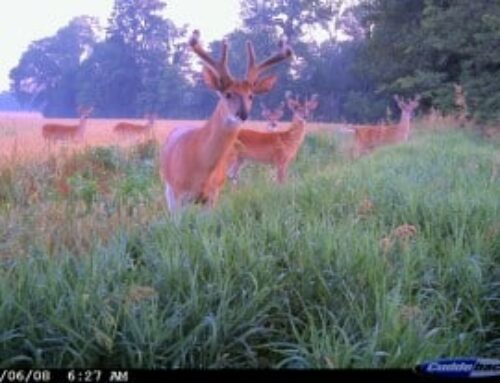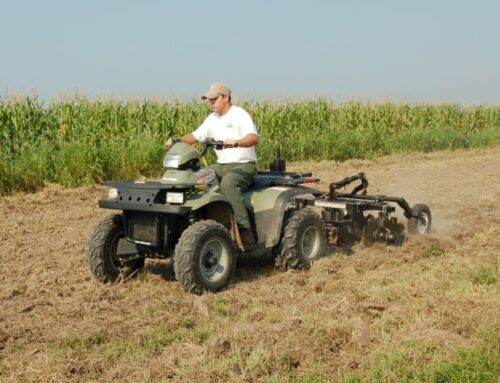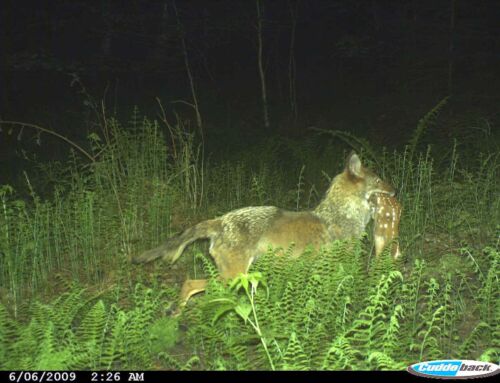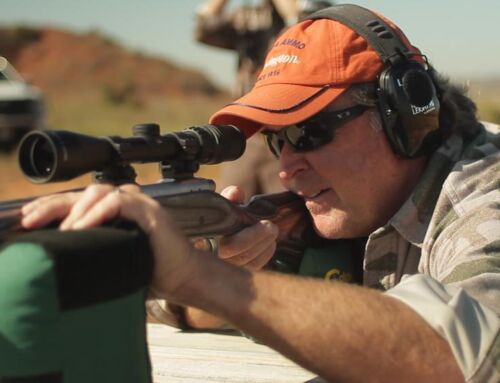Map: Chronic Wasting Disease Alliance
This fall you shoot a whitetail or a mule deer in an area where CWD is known to be present in the deer herds. How do you handle that deer…should you eat the meat?
Research has shown that in an infected deer CWD prions may be present in tissues and body fluids, including blood and muscle, but they are most prevalent in the brain, eyes, spinal cord, lymph nodes, tonsils and spleen. Thus, it is recommended that hunters in a CWD area wear gloves and bone out harvested deer (or elk). Take extra precautions when cutting around or handling organs where CWD prions are most likely to accumulate.
Biologists have told us for years that there is no evidence that CWD can be transmitted from deer to humans. But now, meat from deer contaminated with CWD may be more dangerous than originally thought, according to ongoing research conducted by the Canadian Food Inspection Agency and the University of Calgary.
At this point in that study, 2 test animals that were exposed to CWD by being fed infected meat have become infected with CWD.
The implications here are enormous and game-changing. The CWD Alliance now says on its website: Public health officials recommend that human exposure to the CWD agent be avoided as they continue to research the disease. Accordingly, hunters are advised not to eat meat from animals known to be infected with CWD.
If you shoot a deer in a known CWD area, you don’t know for certain if that individual animal is infected with CWD. It may be or it may not be. Experts now say to have your animal tested for CWD before deciding whether or not to eat it. Contact the state/local wildlife agency for info on procedures and submission locations.
Sounds reasonable, but how practical is it for most hunters, especially those in the backcountry? How many hunters will go the extra step to have the meat tested? How is the test conducted, how long does it take, how much of a hassle?
Lots of questions that lead to big dilemmas. Every good hunter wants to kill and process an animal cleanly, and feed the venison to his family. Every good man or woman protects his family at all costs; if there’s the slightest risk that deer meat can be harmful, he or she will discard it.
If you so throw out a deer, is that considered wanton waste, which is illegal as it should be in virtually all states?
Then there is this. Even if you get your deer tested, the CWD Alliance says: remember, while disease testing is an important tool for detecting CWD, it is not a food safety test.
I say research where you are hunting, and know if CWD is a potential risk in the area. If so and you shoot a deer that looks, acts or smells in any way sick, obviously don’t risk the meat. If you shoot a deer that looks and acts normal, have it tested for CWD and go from there and make your decision—safety first






